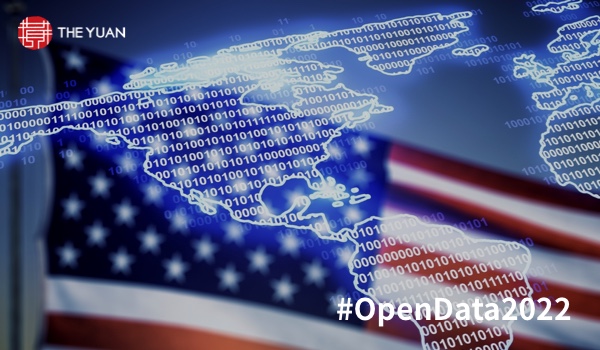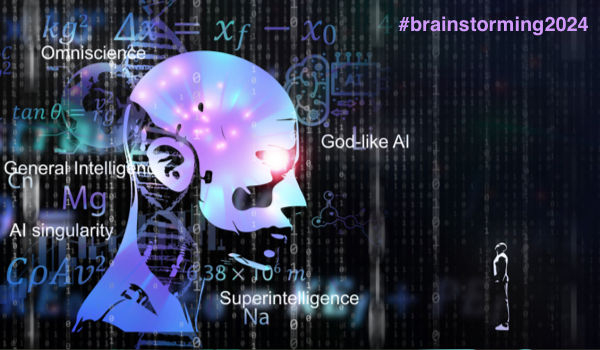


ISTANBUL - In the ever-evolving landscape of healthcare, the integration of artificial intelligence (AI) presents both groundbreaking advancements and profound ethical complexities. As AI technologies continue to shape medical decision-making processes, to navigate these novel horizons with a comprehensive understanding of the ethical considerations they entail is imperative, but equally important is to navigate these ethical implications.
As a continuation of my previous article, the second and last part of this series aims to illuminate five more pivotal ethical considerations associated with the integration of AI in healthcare, while also providing pragmatic ethical frameworks for decision-making. Spanning nine principal sections, this exploration seeks to reveal multifaceted aspects of the AI-healthcare relationship.
Section 5: Improving transparency and interpretability of AI algorithms
The widespread use of AI technologies in the medical field significantly influences patients' healthcare decisions, but one of the most crucial issues arising from use of these technologies is the comprehensibility of their operations and outcomes. Transparency and interpretability are vital when trying to foster trust in AI systems, but the intricate and sometimes opaque nature of AI algorithms and deep learning techniques can make explaining their outcomes challenging. This adversely affects communication between doctors and patients, and limits patients' reliance on algorithmic recommendations. Thus, ensuring the transparency and interpretability of AI algorithms is critical in helping medical professionals and patients better understand and evaluate AI-recommended healthcare decisions.
The content herein is subject to copyright by The Yuan. All rights reserved. The content of the services is owned or licensed to The Yuan. Such content from The Yuan may be shared and reprinted but must clearly identify The Yuan as its original source. Content from a third-party copyright holder identified in the copyright notice contained in such third party’s content appearing in The Yuan must likewise be clearly labeled as such.
 Continue with Linkedin
Continue with Linkedin
 Continue with Google
Continue with Google











 1085 views
1085 views






